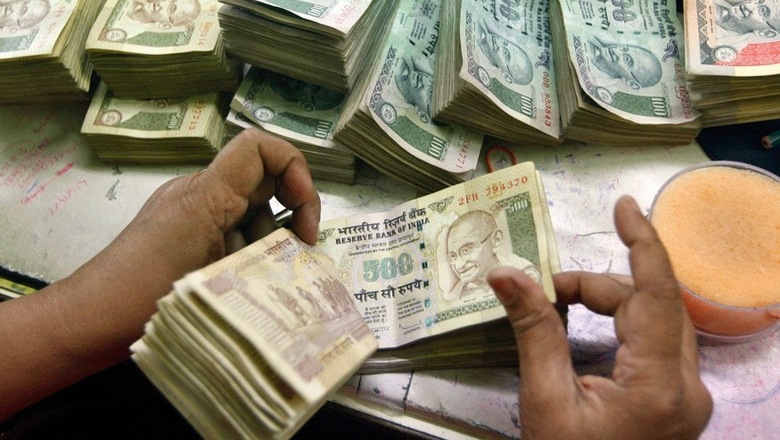
views
New Delhi: An expert on black money has said that removing liquidity from the economy via demonetisation is unlikely to have an impact on the generation of black money, though it may send the economy into a tailspin.
“Cash is like blood throughout the economy and if you suck out 85 percent of the blood from somebody and replace it with 5 percent of the blood that person will collapse,” Arun Kumar, who has taught Economics at Jawaharlal Nehru University and researched India’s black economy for over three decades said in a Facebook Live interaction with News18.
Finance is the lifeblood of any economy and keeps the wheels of trade and commerce chugging. Financial transactions can be conducted in cash or via banking channels. Cash is used in India for business, trade, industrial and household transactions.
All these sectors have been affected by the demonetisation of 500 and 1,000 rupee banknotes, Arun Kumar said.
The rationale behind demonetisation was to strike at the roots of black money. But Professor Kumar estimates that cash is a tiny fraction of India’s domestic black economy, not more than 2-3 percent.
The size of India’s economy is currently $2.2 Trillion, or about 150 lakh crore rupees. Out of this 62 percent, or about 93 lakh crore rupees is generated as black income every year.
Arun Kumar estimates that only 1 percent of all the black wealth in the economy is in the form of stacks of cash in suitcases, safes and gunny bags. This amounts to just Rs 2-3 lakh crore, which is the amount that demonetisation has liquidated.
“For uncertain gains it has put the entire economy in jeopardy,” Prof. Kumar added.
The rest of the black wealth is in the form of gold, real estate, stocks and shares, or just stashed abroad in tax havens.
Around 40 percent of the black money stashed abroad comes back to India via ‘round tripping’.
Illicit money that has been ferreted out of India via hawala channels or trade mis-invoicing is deposited in international tax havens. From there the money comes back to India via an investment route like Mauritius, which has favourable tax treaties with India. Black money is now effectively ‘whitewashed’.




















Comments
0 comment